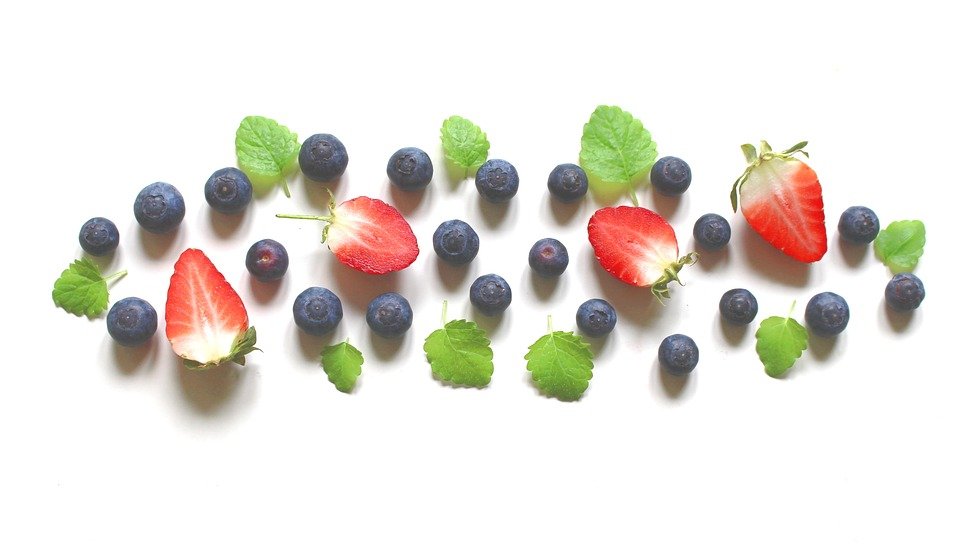We can’t open a magazine today with out seeing the word ‘diet’ flashed across the page. Once such ‘diet’ getting particular traction with celebrities is the vegan ‘diet’. So what is veganism and what do you need to know about it?
In 1944 Donald Watson coined the term vegan as a word to define a lifestyle that didn’t exploit animals for food, clothing or entertainment. He used the word vegan, as it was the beginning and end of vegetarian stating “veganism starts with vegetarianism and carries it through to its logical conclusion.” Since then, veganism has been on the rise and it is currently estimated that 5% of the population are vegan and many more are vegetarian or have vegan meals weekly.
So what does it mean to be vegan? Being vegan is a lifestyle, not just a dietary choice. It means not consuming any animal or animal derived products. This includes meat, seafood, dairy, eggs, and also includes gelatin, animal broths, honey (yes even honey), any colourings/food additives and/or vitamins that are animal derived (click here for a complete list). Being vegan also means not wearing any animal derived clothing (silk, wool, leather, fur, feathers, reptile skins, cashmere, shoes that contain glue of animal origin) or using them in your beauty products (ingredient lists of what sneaky ingredients are actually animal derived look here and here). It also means not using products that have been tested on animals (complete list here) and not visiting places that use animals for entertainment (zoos, aquariums, theme parks like SeaWorld, circuses and petting zoos).
It all sounds too hard right? With all these requirements to be vegan, how is it on the increase? Health, the environment and animal welfare are the major reasons for the increase in veganism.
In the last 5 years, health professionals of many disciplines have started recommending the vegan diet for various health conditions. This is because the vegan diet tends to be lower in saturated fats, higher in essential nutrients and is safe in all ages (even in pregnancy). Health is also the biggest reason why people don’t stick to veganism. Sometimes when people go vegan, they find themselves eating a lot more fruit and vegetables and with this increase in fiber, they can experience ‘detoxing’ like symptoms (such as headaches, bloating and skin breakouts). If this occurs, they should contact their health care professional who will explain why this is occurring and offer them solutions to combat these symptoms (such as drinking more water, taking a probiotic or looking at food combining – i.e. what are they eating, what are they eating it with and when they are eating it). For a list of vegan friendly practitioners click here or here. These symptoms are not your body telling you it misses meat or dairy. Instead it is your body’s way of cleansing your system of fats, hormones, antibiotics and chemicals that you didn’t realise you were consuming. As a result, the biggest side effect of veganism is weight loss.
The environment is also a large motivator for the vegan way of life. This is because animal agriculture has a greater negative impact on the environment than any other industry! A great documentary on this (with facts and figures that will blow your mind), is Cowspiracy or for a website with Australian facts head to Terrastendo.
Lastly, people go vegan for the animals. This is usually the biggest contributor to people staying vegan. Animal welfare is a huge topic (too big to discuss here) but the long and short of it lies with the fact that many people love animals and wouldn’t do anything intentionally to hurt them. They couldn’t kill an animal to eat it and once they make that realisation, they soon conclude that they can’t pay anyone to do it for them. What about all the ethically raised animals, you may ask. If you want to know if it is humane or ethical, ask yourself would you do it to your pet? For more information on how animals are treated both in Australia and overseas you may want to watch Lucent and Earthlings or visit ALV.
With a supermarket full of beautiful healthy food at our disposal, being vegan has never been easier. There are now vegan versions of everything you can imagine from chocolates to cheeses and even fast food take away (for those times you feel like an unhealthy meal).
No matter what you choose to eat, whether you are vegan, vegetarian, paleo, omnivore or otherwise, it is recommended that you have yearly blood tests to see what your nutritional levels are. Of particular importance in Australia (due to our soil quality and climate), are vitamin D, electrolytes zinc, active B12, spot iodine, folate, iron, magnesium, copper, calcium, selenium, cholesterol and blood sugar. It is also important to test your kidney, liver and thyroid function.
For more information, find me on Facebook.

